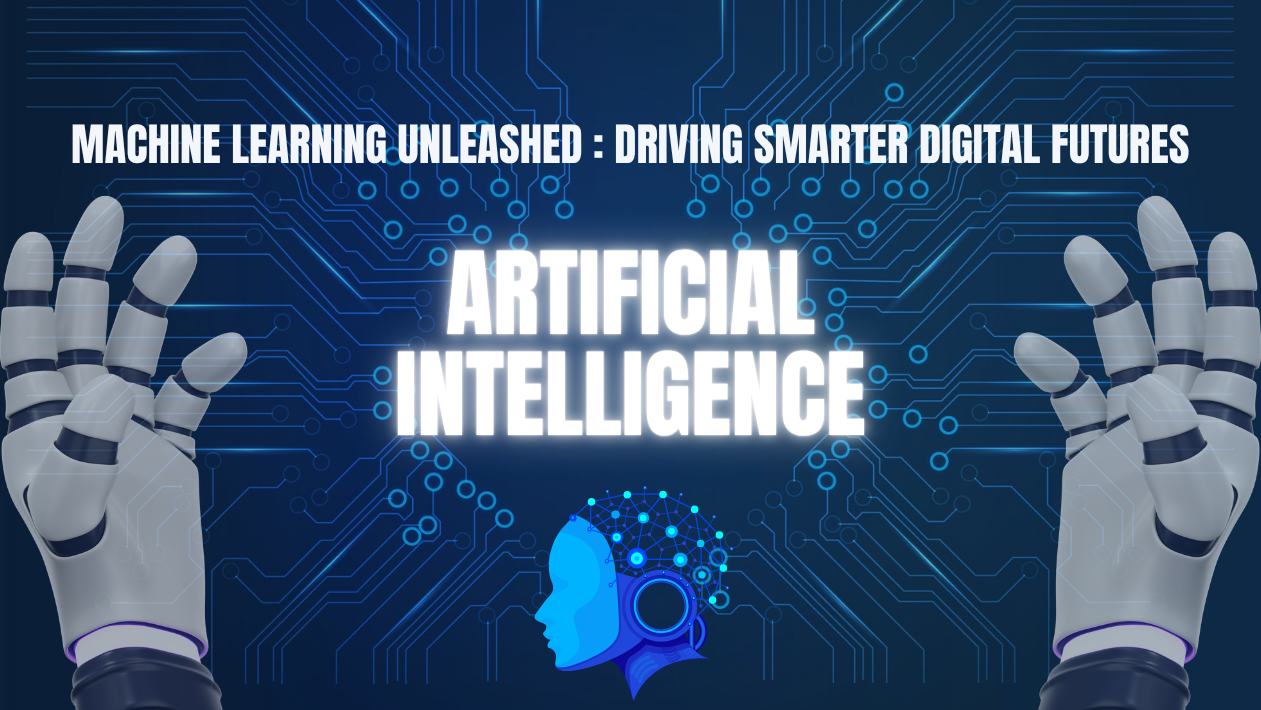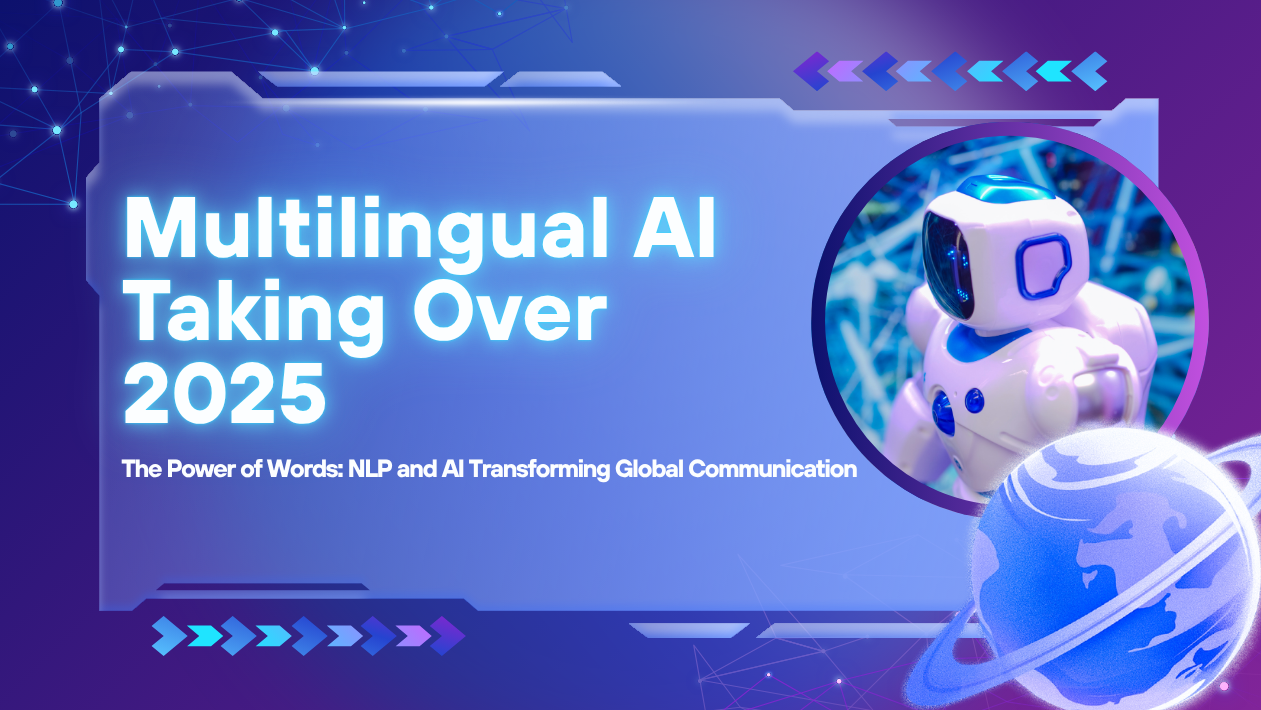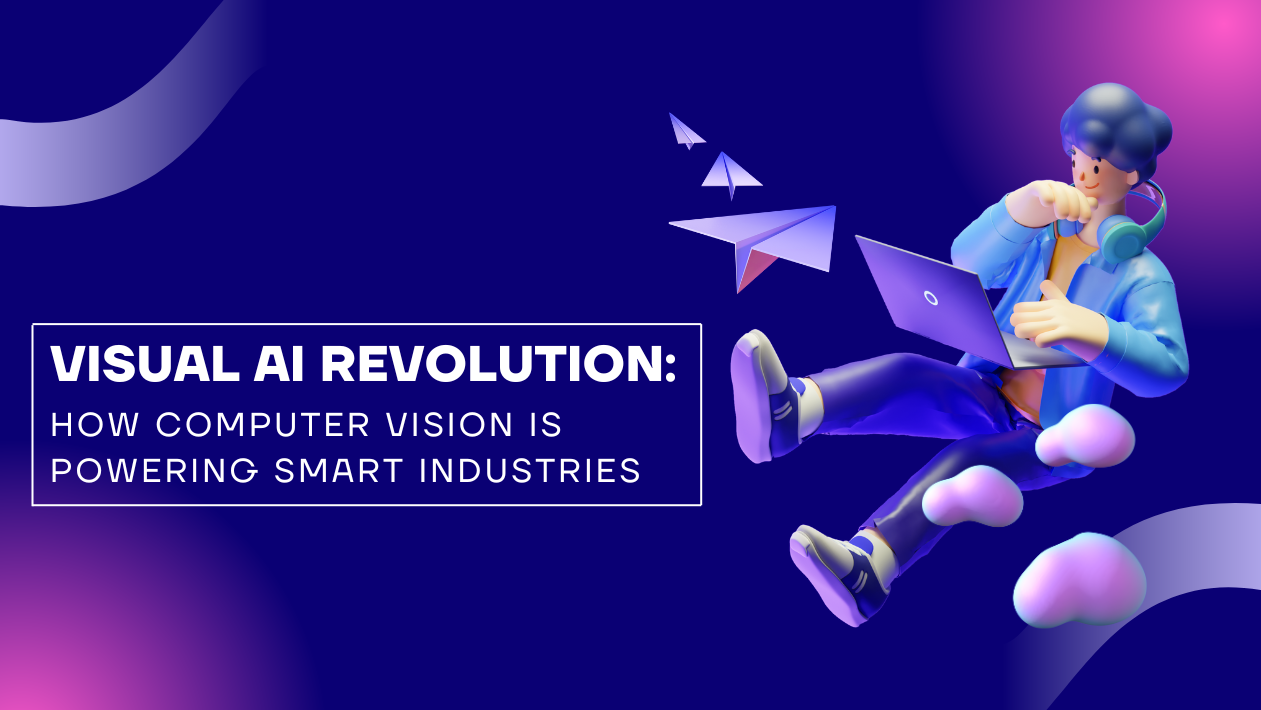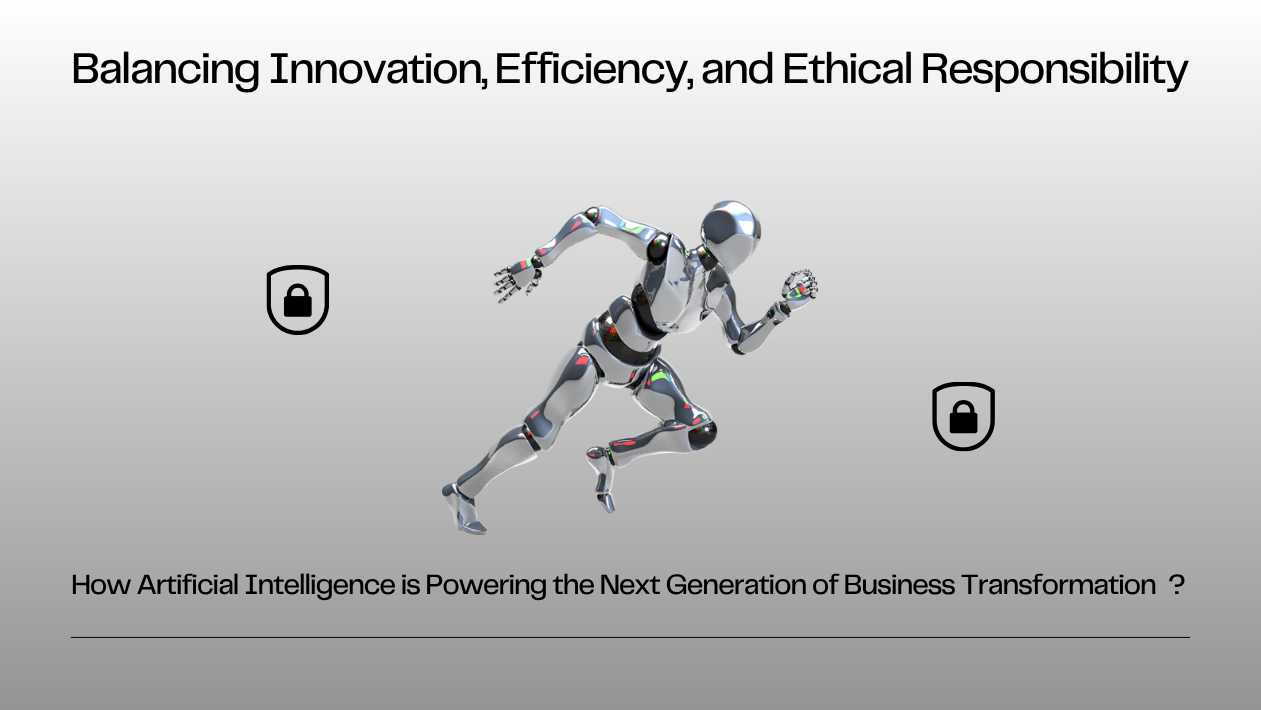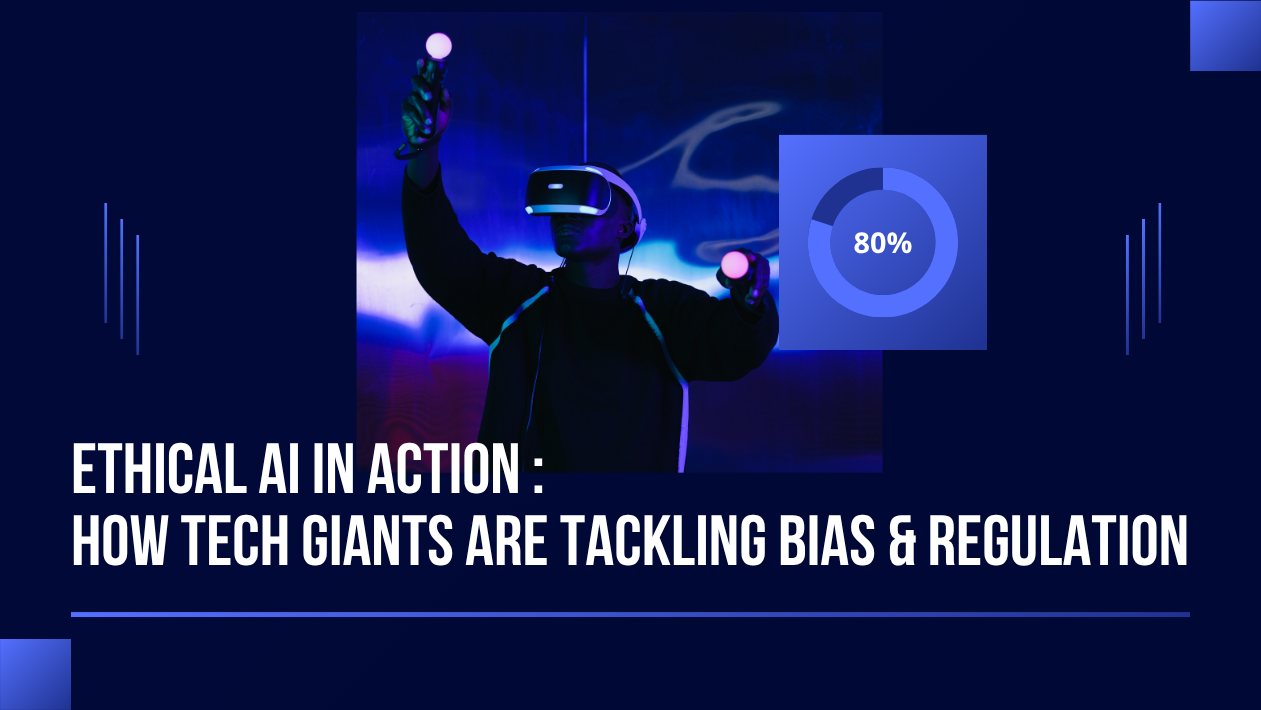Machine Learning (ML) has evolved from a niche technology into the core driver of digital transformation across industries. In 2025, organizations are using ML not only to automate tasks but to predict outcomes, personalize services, and make smarter, data-driven decisions. From healthcare and finance to retail and manufacturing, ML is redefining the boundaries of innovation and efficiency.
Generative and Predictive ML Models Dominate 2025
This year has seen a surge in generative ML models—algorithms capable of creating text, images, code, and even product designs autonomously. Businesses are combining these models with predictive ML to anticipate customer needs, forecast demand, and optimize operations in real time.
Companies like OpenAI, Google DeepMind, and Anthropic are leading with foundation models that can be fine-tuned for industry-specific applications, from medical diagnostics to financial forecasting.
ML in Healthcare: From Diagnosis to Prevention
In the healthcare sector, ML is accelerating the shift from treatment to prevention. Hospitals are using predictive algorithms to analyze patient histories, detect disease risks early, and even assist in drug discovery.
Wearables and IoT devices powered by ML monitor patient vitals in real time, enabling proactive health management and reducing hospital readmissions.
Finance Embraces Smarter Risk and Fraud Detection
Banks and fintech companies are deploying ML to detect fraud patterns, assess creditworthiness, and streamline compliance. With real-time transaction monitoring, ML systems can identify suspicious activities within milliseconds—significantly reducing fraud losses.
AI-powered credit models are also improving financial inclusion, allowing lenders to assess borrowers using alternative data like cash flow and digital behavior.
Manufacturing, Logistics, and Retail Get a Predictive Edge
In manufacturing, ML algorithms predict equipment failures before they happen, enabling predictive maintenance and minimizing downtime.
Retailers are leveraging ML to forecast demand, personalize offers, and optimize supply chains amid global disruptions. Dynamic pricing engines, powered by real-time ML models, are now a competitive necessity.
Edge ML and Real-Time Intelligence Take Over
With advances in edge computing, ML models are now running directly on devices—drones, vehicles, and smartphones—enabling real-time processing without relying on cloud latency. This is transforming industries like autonomous driving, robotics, and smart cities, where instant decision-making is critical.
Ethical and Responsible ML at the Core
As ML becomes more influential, ethical concerns around bias, fairness, and transparency are gaining attention. Governments are enforcing stricter AI regulations, and enterprises are adopting frameworks for responsible AI governance, ensuring that algorithms are explainable and equitable.
The Road Ahead: Autonomous Systems and Continuous Learning
The next phase of ML evolution lies in self-learning systems that continuously adapt to new data. By 2030, experts predict that ML will underpin every major digital process, enabling businesses to respond to change instantly and intelligently.
In 2025, one thing is clear—machine learning is no longer just powering technology; it’s powering the future of intelligent business.

